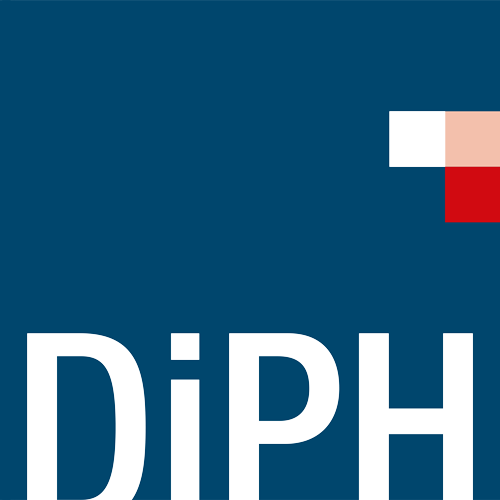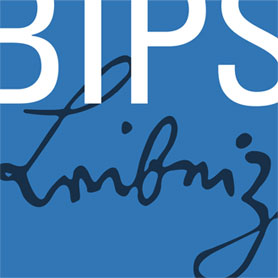It is probably one of the biggest names in the international scientific community: Nature. The journal stands for cutting-edge research like few others. A young scientist from Bremen has now managed to publish her research there. Her paper is about the future of our healthcare.
"I knew that we had written a very good paper, but when I received the acceptance letter from the editor of the nature journal 'npj Digital Medicine', I danced around the room at two in the morning with joy. It's a really nice reward for all the work I've done over the last few years. The role of a junior researcher can be very strenuous at times, so it's great when your efforts pay off like this," explains first author Laura Maaß, research associate at SOCIUM in Bremen and member of the Leibniz ScienceCampus Digital Public Health Bremen.
Consensus among experts
Laura Maaß and her team have achieved a significant breakthrough in the evaluation of digital healthcare systems with their work. In a comprehensive Delphi study in which experts from all over the world took part, they defined clear criteria for assessing the development status of the digitization of healthcare systems for the first time. A Delphi study is a methodological approach that aims to reach a consensus among experts on a specific topic through several rounds of questioning. The participants give their opinions anonymously and receive a summary of the group responses between the rounds. This allows them to reconsider and adjust their opinions. The process is repeated until a clear consensus is reached or opinions remain stable. Delphi studies are particularly useful for assessing future trends, developing standards or clarifying complex issues where direct evidence is lacking.
Comprehensive assessment of the digital maturity level
Until now, despite a toolkit published by the World Health Organization (WHO) and the International Telecommunication Union (ITU) in 2012, there has been no holistic method to measure the maturity of digital health systems. At least not one that meets the high standards of the WHO and ITU. The Global Digital Health Monitor, for example, is frequently used and includes numerous countries. The difference to the WHO and ITU requirement is that it is not as comprehensive as would be necessary for government approaches, and this is precisely where the new Delphi study comes in. Maaß and her colleagues fill this gap with 95 precisely defined indicators on which the experts were able to agree.
"It is interesting that almost half of these indicators already correspond to established assessment methods, which underlines their validity," explains Prof. Dr Hajo Zeeb, co-author of the study and spokesperson for the Leibniz ScienceCampus Digital Public Health Bremen. He adds: "Although further studies are needed to verify the practical applicability of all proposed criteria, this work marks a decisive step towards a standardized assessment tool for digital health systems. Such a tool will enable decision-makers to act on the basis of sound data, allocate resources more efficiently and drive innovation in healthcare in a targeted manner."
The Leibniz ScienceCampus Digital Public Health Bremen
The Leibniz Institute for Prevention Research and Epidemiology - BIPS, the Fraunhofer Institute for Digital Medicine MEVIS and the University of Bremen have been cooperating in the research network since the start of the funding program. The University of Oldenburg and the OFFIS - Institute for Information Technology have been won as new partners for the second funding phase.
The Bremen Leibniz ScienceCampus Digital Public Health is one of a total of 21 ScienceCampi with a thematic focus, which serve to strategically network Leibniz institutes with universities and other regional partners. The aim is to create networks in order to further develop the respective research area and strengthen the scientific environment. Leibniz ScienceCampi conduct strategic research, promote interdisciplinarity in topics, projects and methods, make the respective location visible and strengthen its research profile.
If you understand German, you can also listen to Laura talk about her research in our podcast.
Original publication
Maaß, L., Zeeb, H. & Rothgang, H. International perspectives on measuring national digital public health system maturity through a multidisciplinary Delphi study. npj Digit. Med. 7, 92 (2024). https://doi.org/10.1038/s41746-024-01078-9






